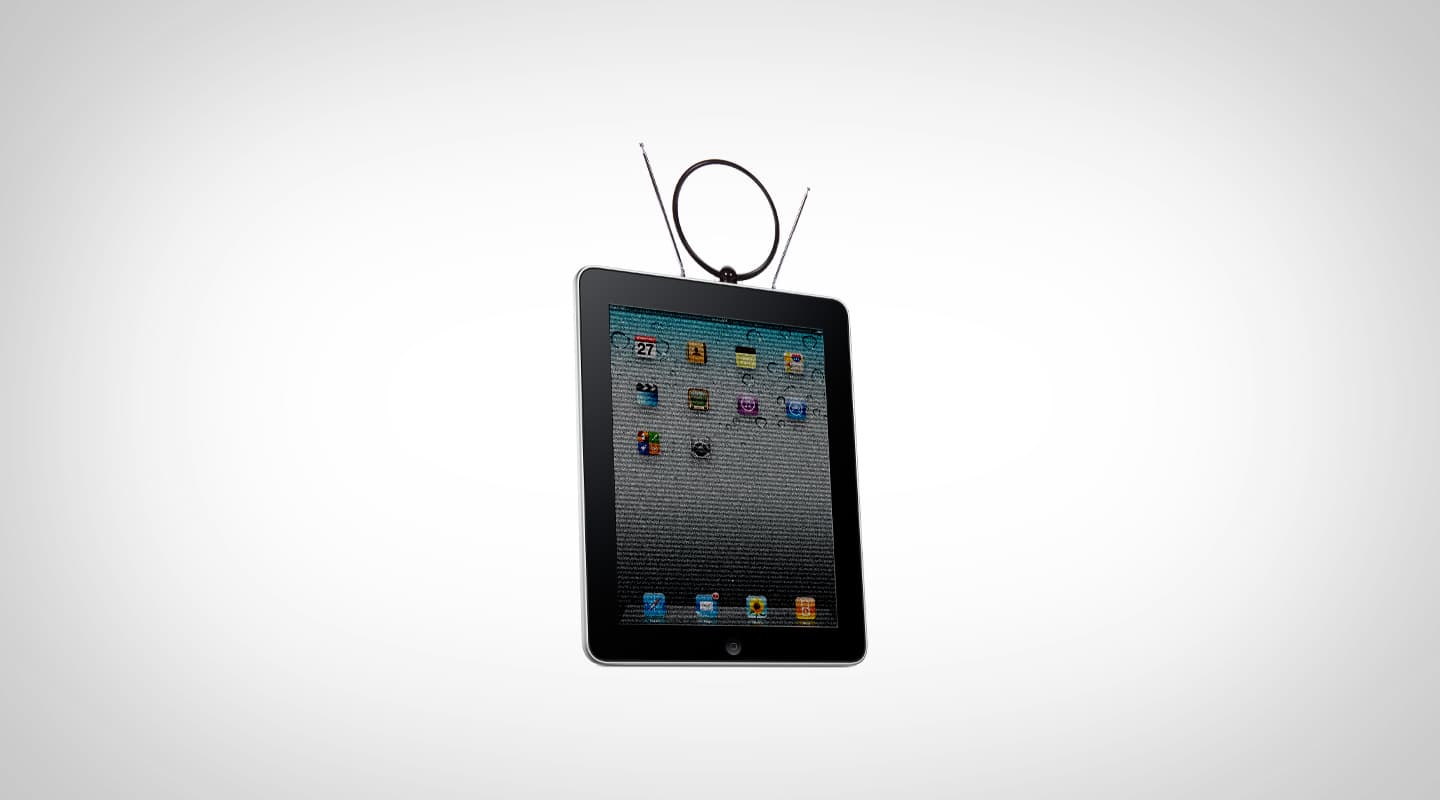
Termination: Will Television ever catch up to the Internet?
Will Television ever catch up to the Internet?
Text:\ Matt Caton
When the iPhone revolutionised the world of hand-held devices I wasn’t surprised. I’d predicted it years ago. I don’t mean that I’m some sort of IT oracle; far from it. It just seemed very obvious to me, when you saw people walking around with iPods, mobile phones, personal diaries, calculators and pedometers that eventually all of this would be rolled into the one device.
I’ve also been thinking the same thing about televisions, DVDs (or Blu-ray), stereos, gaming, personal computing and Internet access. And, in all reality, these ‘all-in-one’ devices do exist. Well, sort of. I have no doubt that many of the tech-savvy readership of AV have all sorts of computer networks hooked up in their home, allowing iTunes linkup, Internet gaming and television to stream into every LCD and plasma in your house. I myself have a very basic all-in-one PC, which is my HD television, My Blu-ray player and my music player as well as being my main PC. The use of the Windows Media Centre makes this a very smooth transition, but it still doesn’t cover everything, but it sure does take up far less space than the old setup of TV, DVD, stereo and computer. So as you can see, the technology is there, it currently exists and many are utilising it. What doesn’t exist, is a ‘Media Centre’ that is marketed as a Home Entertainment product, rather than a computer, and allows us unrestricted web streaming through a web browser.
When the iPhone first came onto the market, it wasn’t presented as a music device or hand-held PC with a phone attachment. No, it was marketed and sold as a phone, and available for purchase in the mobile phone section of stores. Think about it; Microsoft (for example) could quite easily build a massive LED screen with an built-in computer and sell it in the TV section of Harvey Norman. It could run on a somewhat modified version of Windows, which runs and stores every single bit of entertainment in your lounge room in the one box – an extension of its current Windows Media Centre platform of sorts, just a little less restrictive. This would also give you Internet access and the opportunity to view emails and Facebook on a 52-inch screen (not the most appetising of prospects, granted). And again, this type of thing exists: Apple TV, Google TV, TIVO, the Telstra T-Box and many of the new consumer-brand televisions are allowing us to have restricted Internet access on our home telly. But it’s all limited to certain specific-built programs and channels (which always seems to include YouTube). Why aren’t we getting easy and unrestricted access to the Internet?
The answer has to be the increase in television streaming sites we see on the Internet. The increased data speeds and online storage capability has allowed HD streaming to exist on a massive scale; which essentially is the beginning of the end for commercial television stations. Streaming is the Internet’s dirty little secret at the moment; a tricky and grey area with the law. Direct, unlicensed streaming is illegal; but it’s not illegal to simply store a file or open a link to a live feed, nor is it illegal to ‘link’ to a site that just happens to have said file stored there. So between a few host and a few feeder websites, the practice is able to exist.
If we all had Firefox, Chrome or even (shudder) Internet Explorer on our televisions, we’d have no real need for free-to-air or Pay TV… or DVD players. And boy, you’d be glad if you owned YouTube. Unfortunately, technology has totally surpassed what the world of cyber-media law is able to handle at the moment, and it will be some time before it all catches up… with itself.
Until then, current affair shows are safe; I mean, who’s really going to choose to stream A Current Affair when you have a choice of every TV show in the world? And for the record, I don’t illegally stream television or movies over the Internet. I only know so much about it, because, well, I have this friend of a friend, you see…















RESPONSES